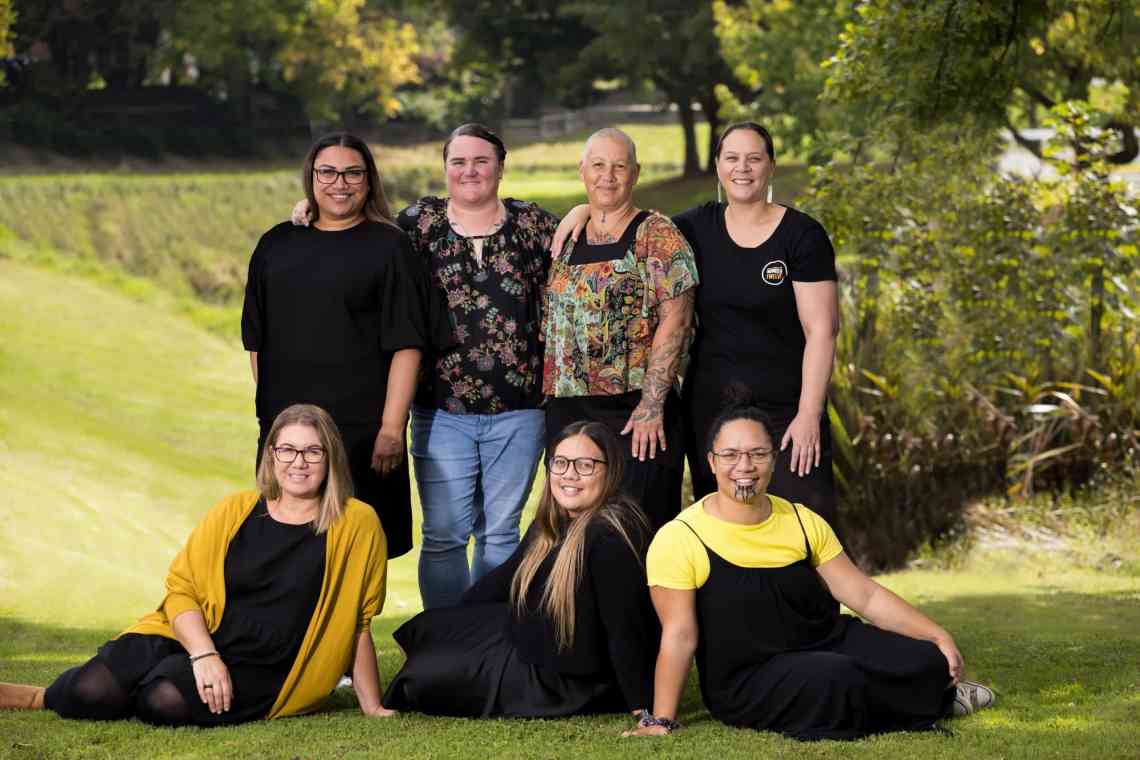As one participant from the Uniting for Change said, “Intergenerational poverty and benefit dependence have lasting impacts on our young people”. The team at Number Twelve agree wholeheartedly with this sentiment. They provided some thoughts on how to help combat intergenerational poverty and the many variables that must be considered if we are to truly address the issues in front of us.

We know many young people are third-generation benefit dependents of some sort. In these environments, our rangatahi haven’t seen those around them get up, go to work or model good work habits and routine. This means they miss out, through no fault of their own.
More work must be undertaken to ensure this environment is considered and employability skills developed and taught across all age groups. There are many older adults who lack critical employability skills. Employers are looking for these skills rather than NCEA results, so our policies and investments need to be focused in the right area to impact change.
The link between intergenerational poverty and trauma also aligns with substance abuse, another area effecting employment opportunities when drug testing may be the only prerequisite.
It takes time and a considered approach to build people up to identify their skills and knowledge and to pathway them into careers where they can thrive. Attempts to reduce the impact of intergenerational poverty are often undone by output focused contracts. These force people into any type of employment, whether suitable or not, and deliver KPIs that are more about statistics and less about meeting the needs and aspirations of our rangatahi and their whānau.
At Number Twelve, we have the privilege of delivering the Mayors Taskforce for Jobs employment programme. Our goal is to empower and help identify the dreams and goals of young people and align these to potential employment opportunities. This may result in taking a job anywhere, but it is part of a short-term plan to solve financial issues, with a longer-term approach to train, upskill and pursue employment goals. Support can’t start and stop at the first job; rangatahi initially need to believe they can achieve what they are excited about.
If you are 16–17 and have left school, you will not be eligible for student allowance until you are 18, which means you’re likely to be forced into low-skill and low-paid employment where career progression often doesn’t exist.
Shirley Johnson says, “Low skill and low-paid jobs, or social welfare, are the more immediate pathways these rangatahi are pushed into. To combat this, we need more on-the-job upskilling and education to enable rangatahi to get ahead while meeting immediate needs for their families.” Policy that supports on-the-job training is critical as it allows qualifications to be furthered and the potential for new skills to be transferable in the long run.
Recent policy investment such as Mana in Mahi, Flexi wage subsidies and Apprenticeship Boost are all steps in the right direction, but they need to be broadened to specifically include the low-skilled and low-paid roles.
Within the regional hub, the networking within our community is a good reminder that together we are stronger. No one agency or organisation can do this mahi alone. We are left knowing that whatever the outcome we are contracted to deliver, it can never replace the need to focus on the individual first.
To view the YEP July Newsletter, click here